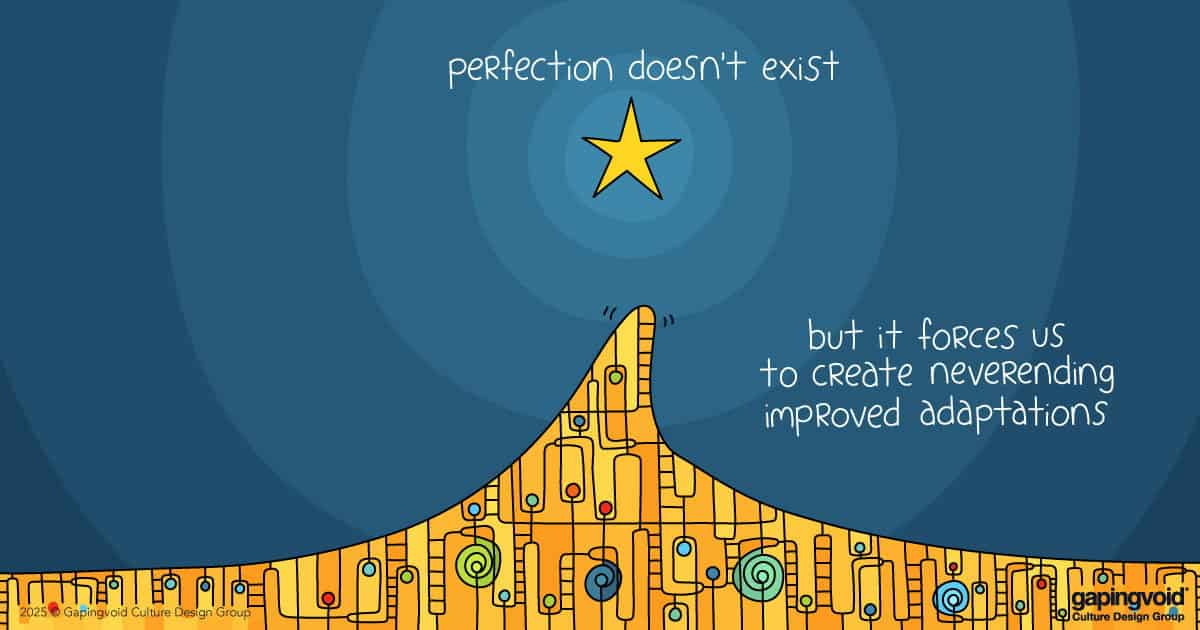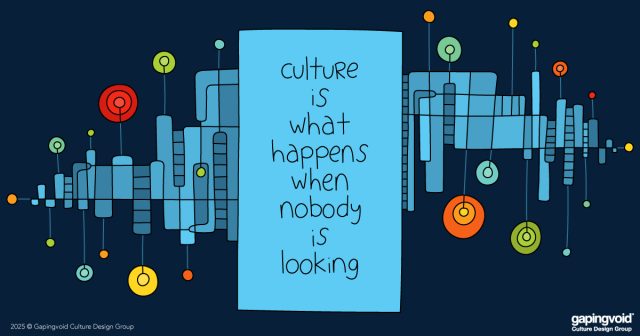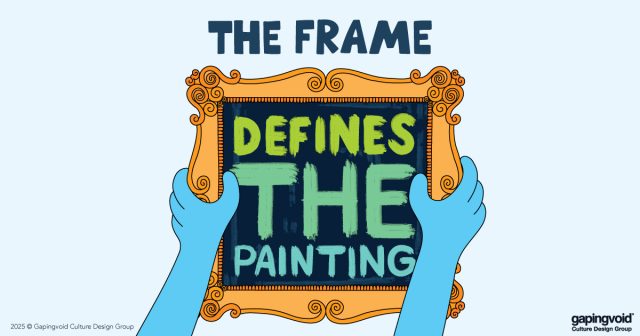
We finally saw Ridley Scott’s movie, “Napoleon” the other day. It’s a good movie, much better than we expected after hearing initial complaints that it was long and slow.
Of course, it wasn’t perfect. Napoleon’s story was so vast and expansive, it’s probably better told in a thousand-page biography, or at least, a twelve part miniseries. What we got instead was more of a 2hr 30min highlight reel. It only took the film a minute or two, for instance, to tell the battle of Austerlitz, one of the greatest battles of all time. All we really got was the beginnings of a brief cavalry charge then fade to the next chapter.
The movie really should’ve been called “Napoleon And Josephine,” because that’s what the story really centered around, the checkered but passionate love story between Napoleon and his wife.
So what was the big insight of the movie? That Abraham Maslow was wrong, basically.
We all know about Maslow’s Hierarchy of Needs, that famous 1943 pyramid of human motivation.
- At the bottom, Physiological needs: The most basic needs, such as food, water, shelter, and rest.
- Then Safety needs: The need to feel safe, physically, financially, or in terms of job security and health .
- Then Social and belonging needs: The need for friendship, intimacy, and acceptance.
- Then Esteem needs: The need for respect, recognition, status, self-esteem, confidence, and a sense of self-achievement
- Finally, at the top of the pyramid, there’s Self-actualization needs: The need to achieve one’s full potential and creativity.
At the end of the movie, we learn that Napoleon, the most powerful and successful human being alive at the time, never got to Maslow’s top tier. Instead, he had the disastrous 1812 invasion and retreat from Russia, his demotion to Capri, his 1815 comeback and defeat at Waterloo, his final permanent and broody exile to British St. Helena in the South Atlantic, and a fairly early and unglamorous death in 1821 at age 52.
The truth is, nobody including Napoleon reaches their full potential in any final sense, because we’re all human, there’s always something needing working on. We’re all sinners, we’re always making mistakes and we never stop being that way.
And organizations are no different. No matter how much they succeed they never reach perfection. Quite the opposite, in fact. It’s often the case that once a company or a country gets too rich, too powerful and too comfortable, people get decadent. Not to mention, just because a company makes it to the top, that doesn’t mean everybody does. Not everybody makes it to CEO, somebody has to work in the mail room. Things like trust and power are asymmetrical.
The Good Lord made us hungry for a reason. It wasn’t just to drive us forward, it was also to keep us alive. That’s as true for Napoleon as it is for the S&P 500.
We’ve misread Maslow all along. We’ll never really reach Level 5 of the pyramid and win the prize. That’s the myth. The paradox is we must believe it’s there to keep playing.




There’s no evidence that Maslow created the Pyramid:
https://www.scientificamerican.com/blog/beautiful-minds/who-created-maslows-iconic-pyramid/
“it’s difficult to find any evidence that he ever actually represented his theory as a pyramid.”